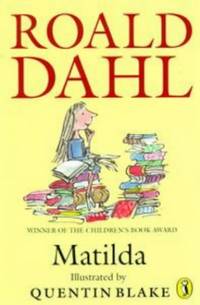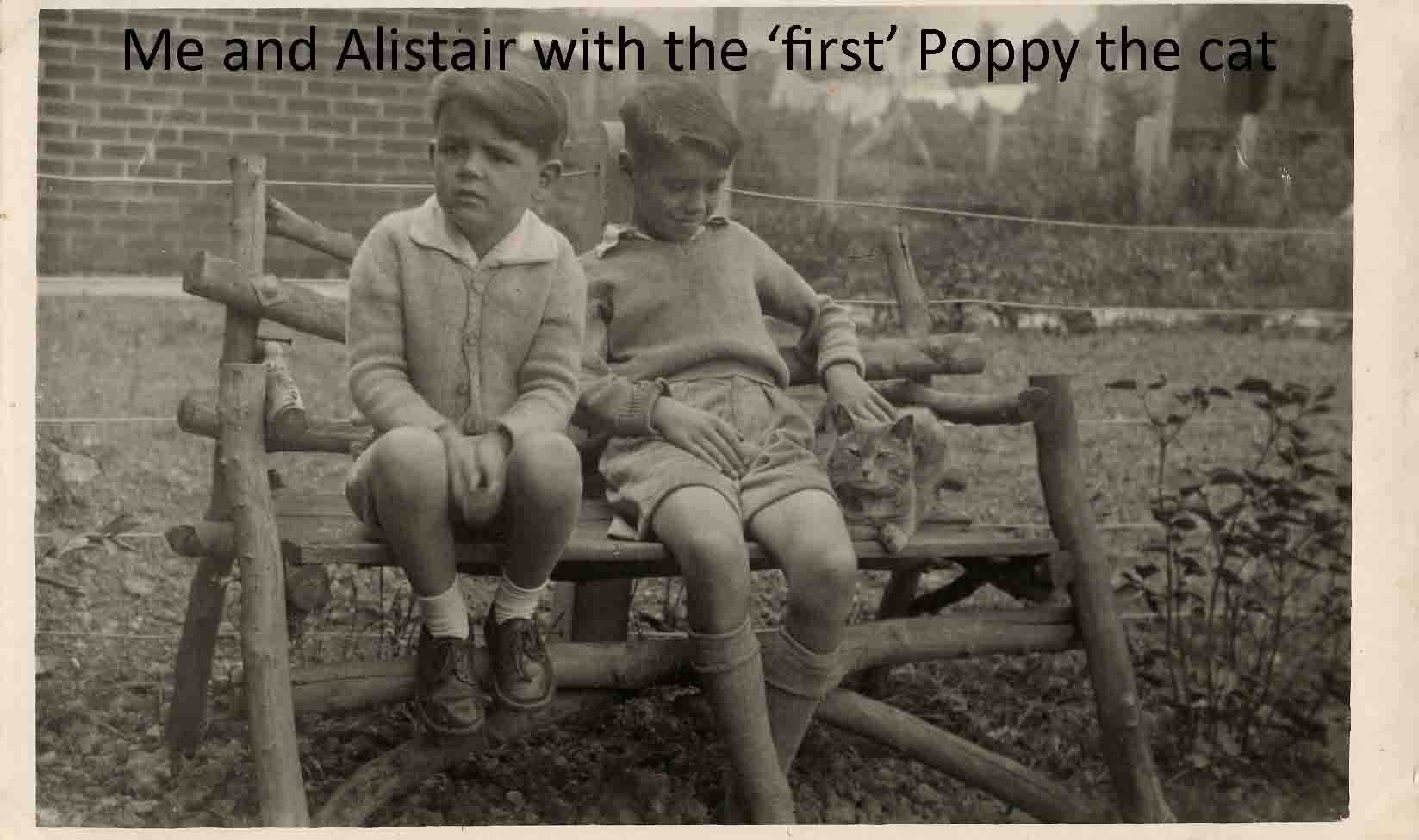As I often say, some of our memories act like fiction. What we remember may as well be an entirely different story from what actually happened. No matter how certain we think we are, some memories still slowly become fiction-like through the mists of time. At this point, I expect that you have completely embraced the role of my memory as an ‘unreliable narrator’, by which this book has become the outcome. In fact, we also know of fiction writers who have transformed their memories into an entirely different world of stories.
Fiction Writers
Charles Dickens fictionalised the Victorian Age. Imagine that his account of that time was purely ‘fiction’, and there were really no workhouses or Oliver Twists. Of course, that is an exaggeration; but there is no doubt that Dickens added a good deal of sentimentality to his accounts. After all, he had to entertain and sell his products to a hungry public.
Dahl was definitely inspired by Dickens and wrote stories utilizing his own memories; however, he went one step further than him. Dickens didn’t want to cynically make a humoristic account of the sufferings of children. On the other hand, Dahl’s Boy gives a brutal description of the pre-war public school system from his gravely comical and cynical viewpoint (1920s and 1930s).
As years passed, Dahl’s stories about English public schools became more surreal and sometimes even brutally comical. In his later novel Matilda, he describes a sadistic headmistress, Miss Trunchbull, who had various ways of torturing children. His novel was regurgitated into a light humour American movie; this made fun out of the torture of children and was diluted for public consumption.
Ironically, Dahl borrows from Marquis de Sade and other sadists in his description of Miss Trunchbull’s instruments of torture. But of course, de Sade (2005) was not a ‘sadist’ as such; he was a satirist in his writings despite what went on in his personal life. In other words, like Dickens, he described a social reality, but gave strength to his social satire using so-called ‘exaggerated’ scenarios.
For example, no one accuses Jonathan Swift of being a sadist and cannibal today; yet his “A Modest Proposal” (1729) suggested that the impoverished Irish might ease their economic troubles by selling their children as food to the rich.
And then there’s the transphobic JK Rowling, also a ‘friend’ of a homophobic Russian war criminal; Rowling goes one step further than Dahl. She romanticizes, sentimentalizes, and superficializes the brutal English public school system in her description of the Hogwarts School in Harry Potter. Rowling was surrealistic like Dahl, but without his humorous macabre tinge. Instead, she had a maudlin sentimentality. In other words, hiding behind the cloak of fiction and surrealism, she promoted the inhumane English public school system as admirable while pretending to promote ‘liberal’ views.
My Own Memories
As for my own experience, a lot of what I remember about English schools seem to have become ‘fictionalised’ in my memory. Perhaps if I ever go for a walk in a strange town, I’d probably never resist walking down blind alleys instead of directly heading to my destination. I blame this on the linear aspect of language, whereas, in reality life is more ‘circular’. This is demonstrated by the flashbacks of our dreams and the unexplainable surrealistic digressions. Regardless, these are still obviously closer to ‘reality’ than the descriptions of Dahl and Rowling.
As we further continue with the stories that occurred at Hob Hey Lane School in the next posts, I want you to bear this view; memories can be fiction. Hold on to that as you read how I sat next to a smart working class boy called Peter Blinkhorn, got entranced by the beautiful Alice Lahtiff, and created an ‘army’ to enact inglorious acts of aggression against the ‘enemy’ – the opposite sex.
102 “West is trying to cancel Russia just like it did to J. K. Rowling,” Vladimir P*tin says. Mailplus. Date of reading: 16 April 2022. Public figures ‘make their bed and must lie in it’. They often discover they have strange bedfellows in the process. Thus, the trans-phobic Rowling woke up one morning and discovered that the well-known dictator, war criminal, and homophobe attempted to intimately caress her under the sheets.




2 Replies to “Memories and Fiction Writers”